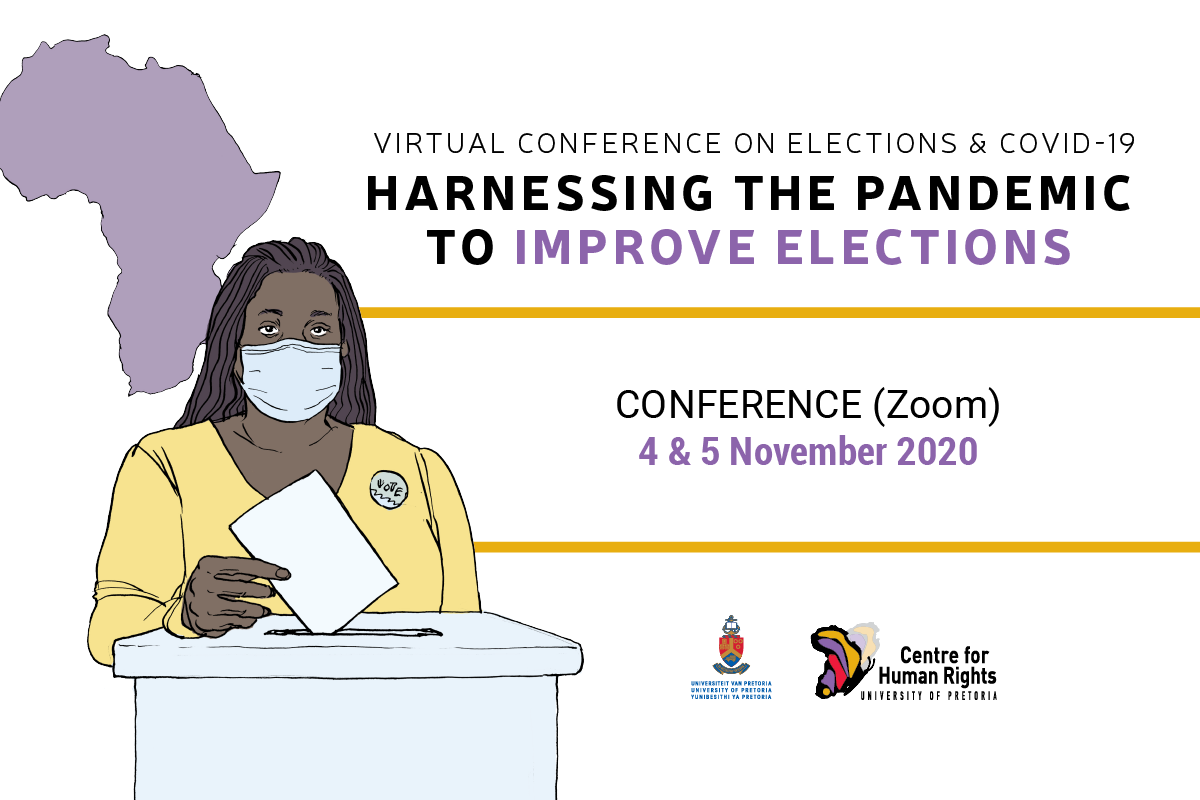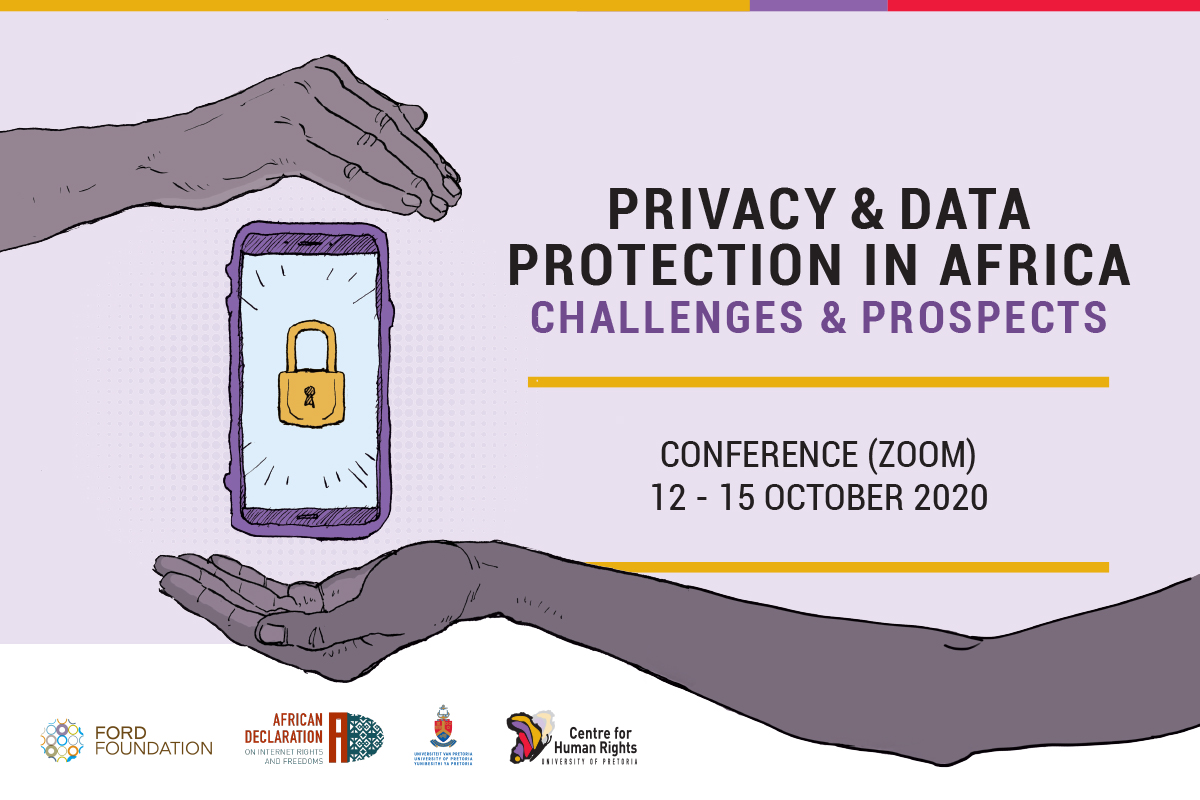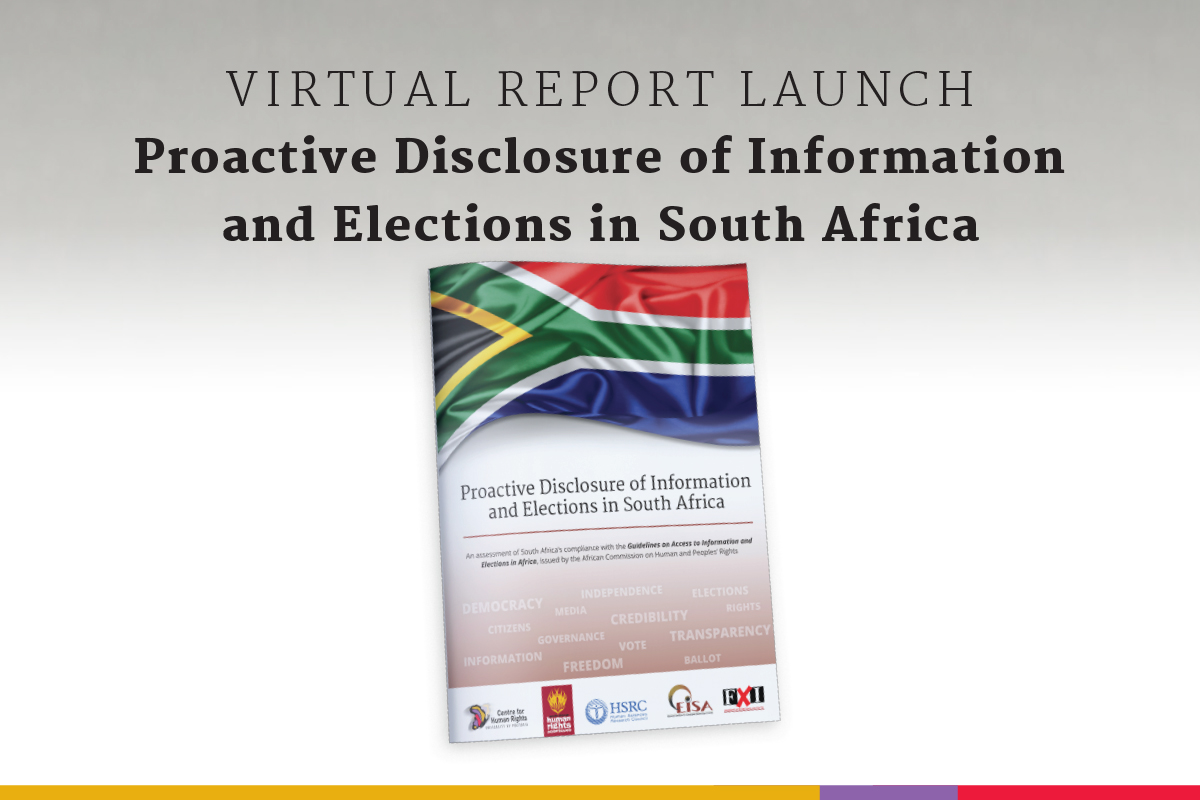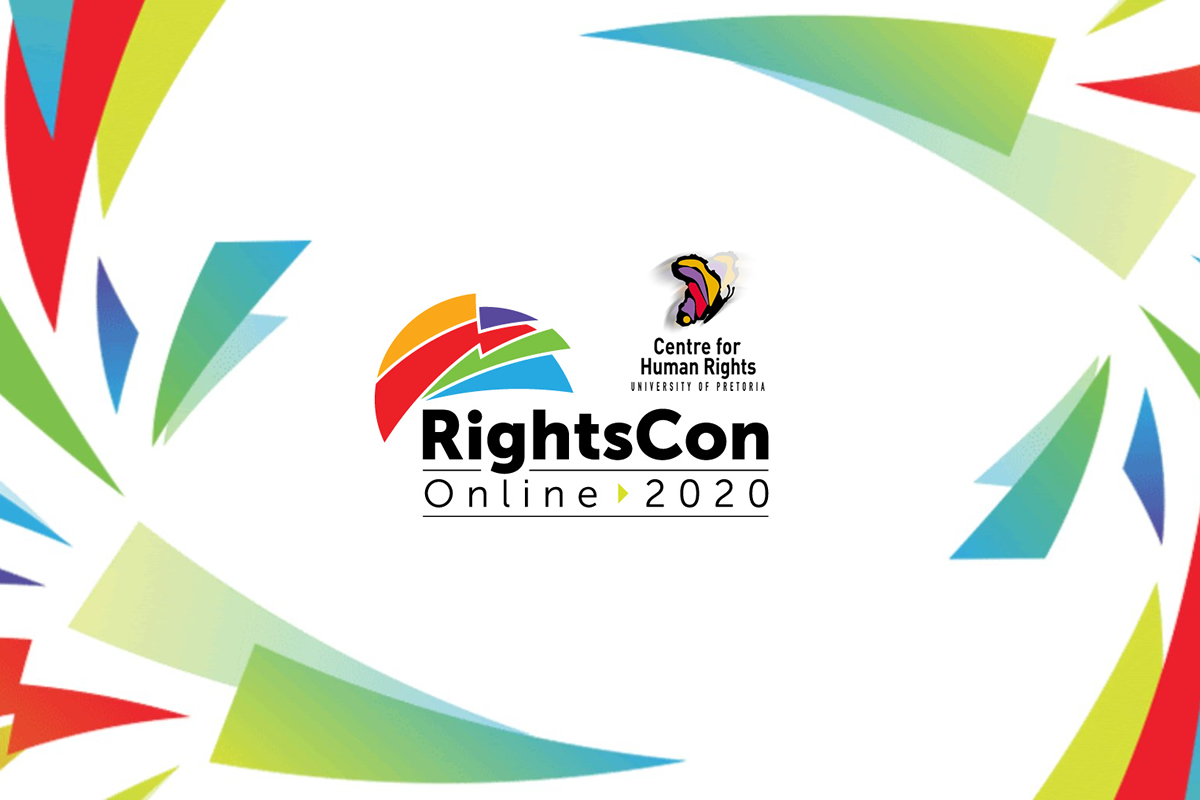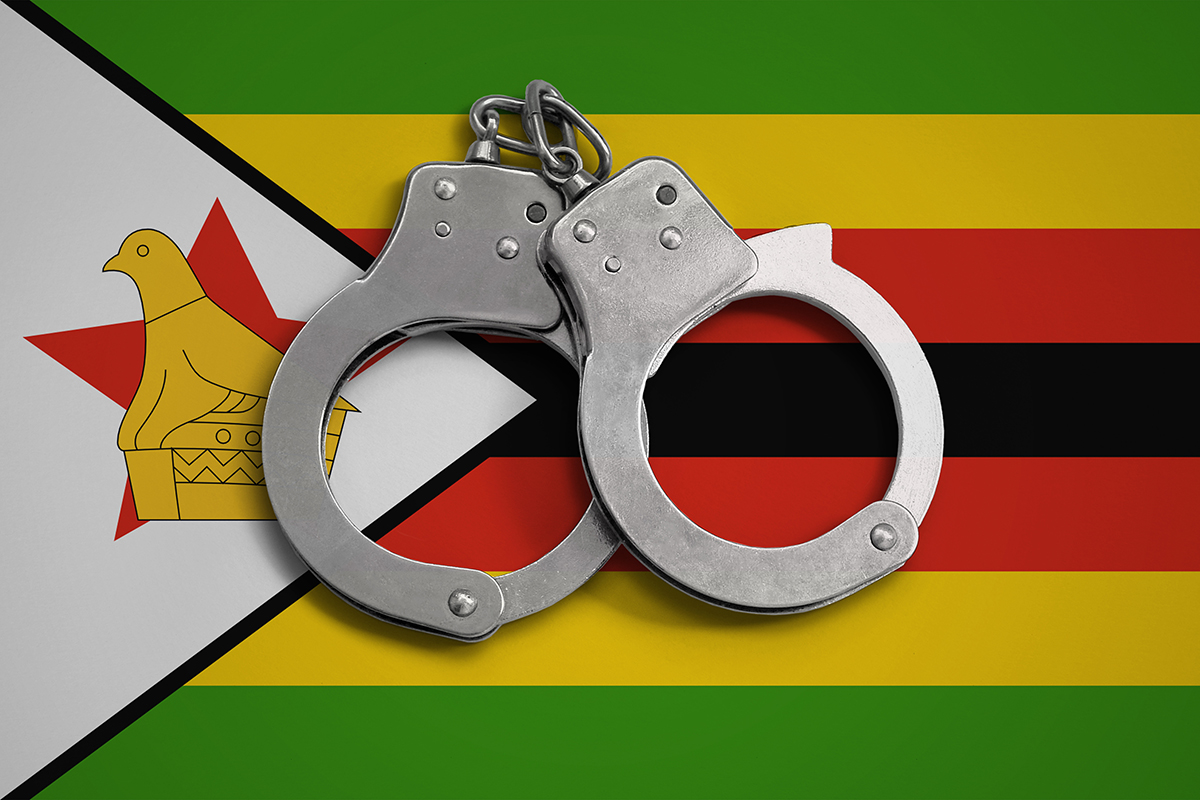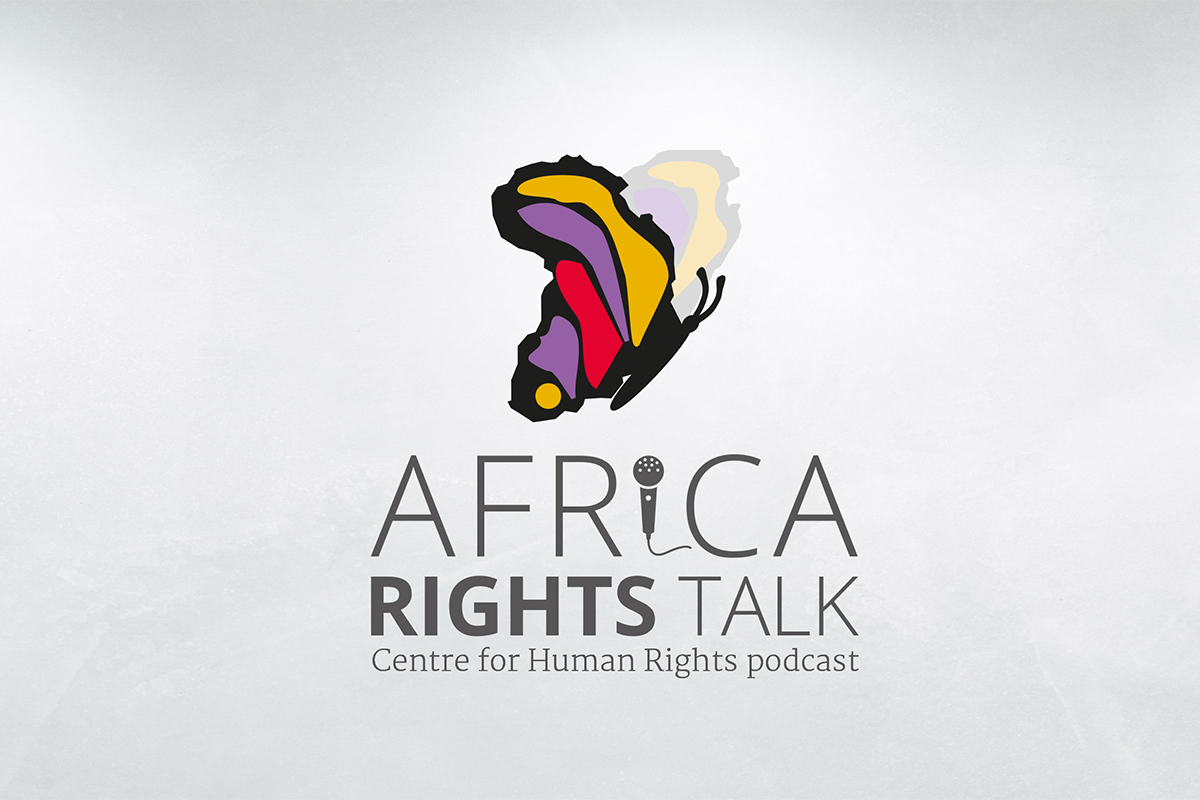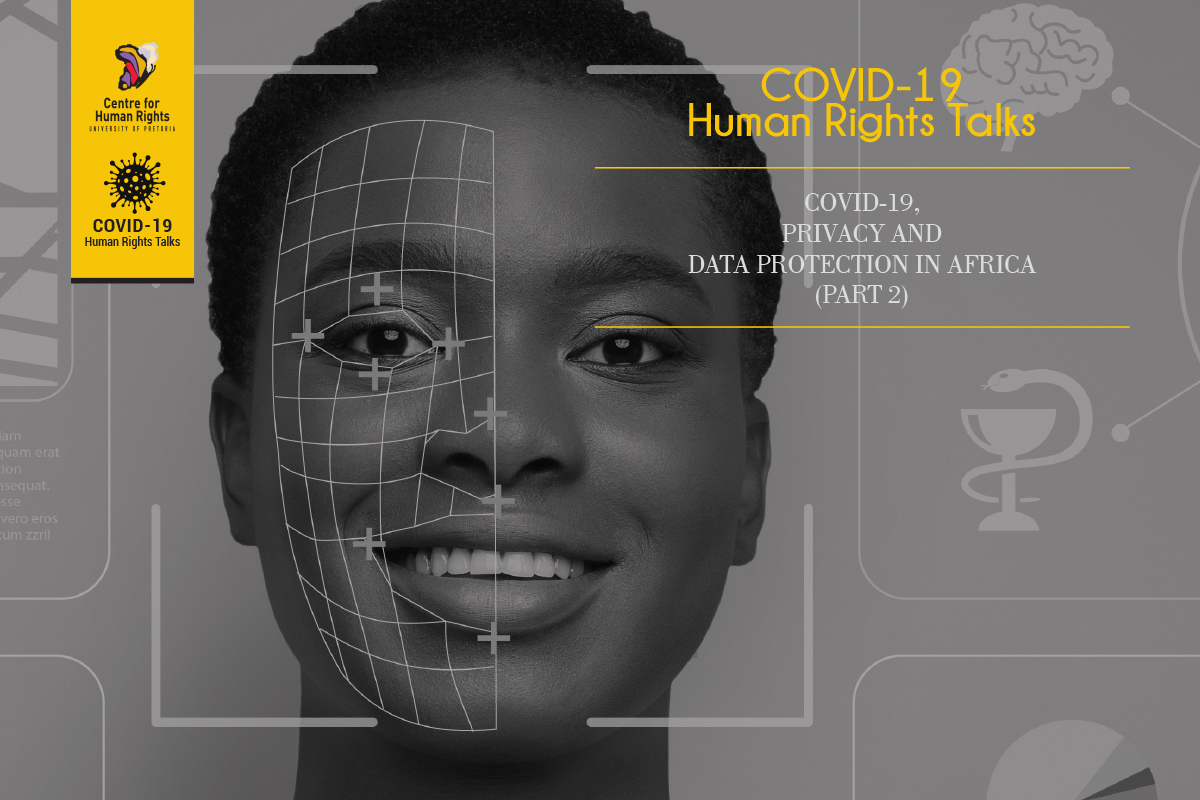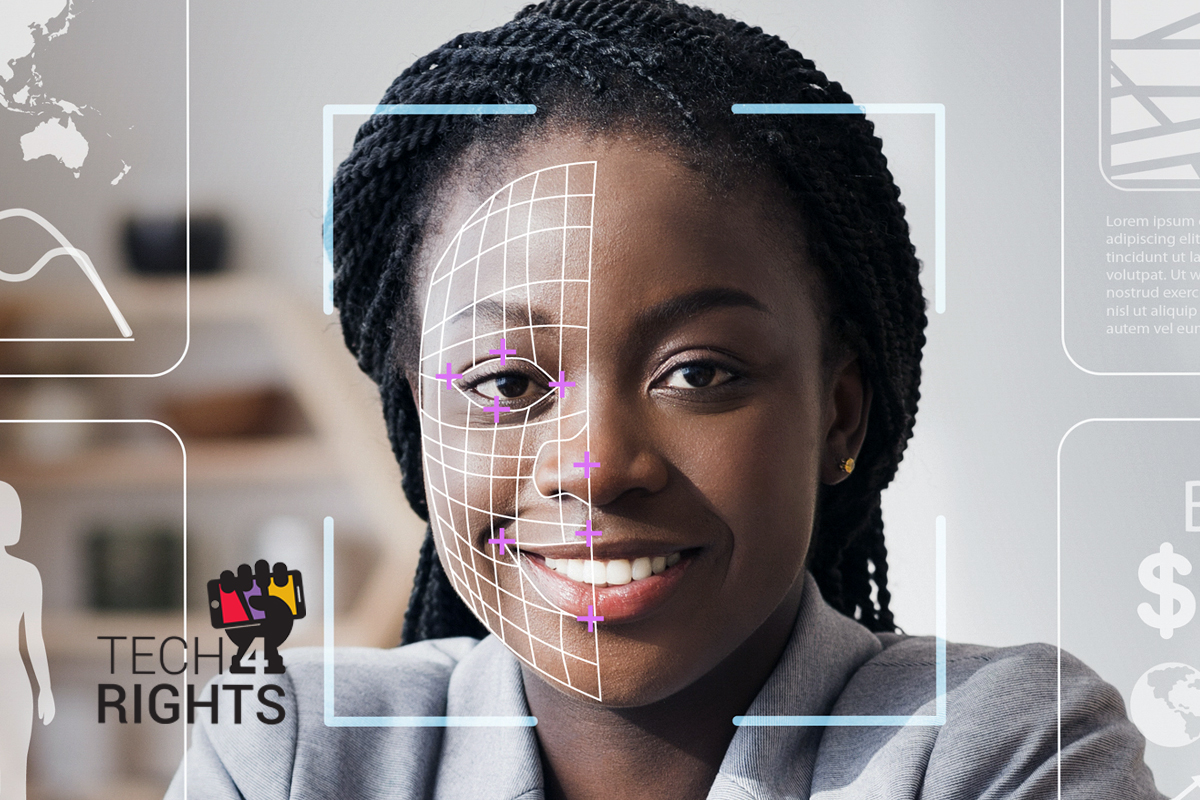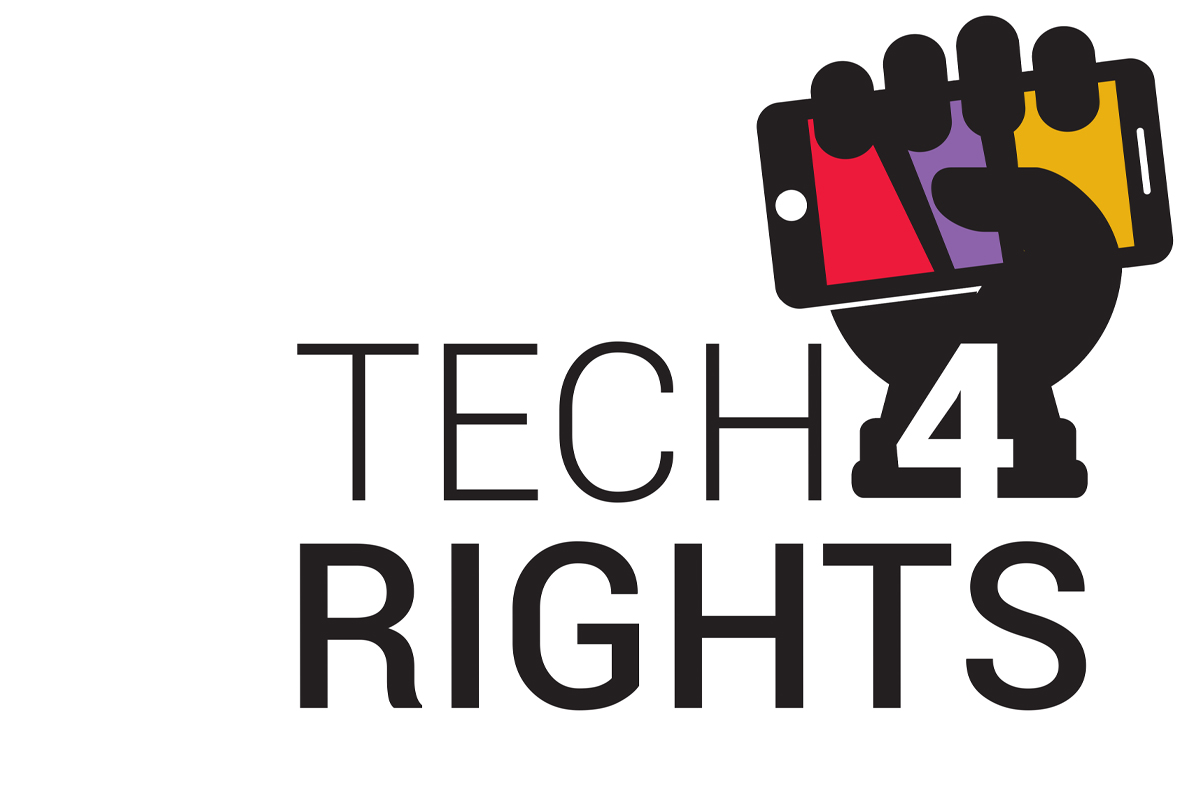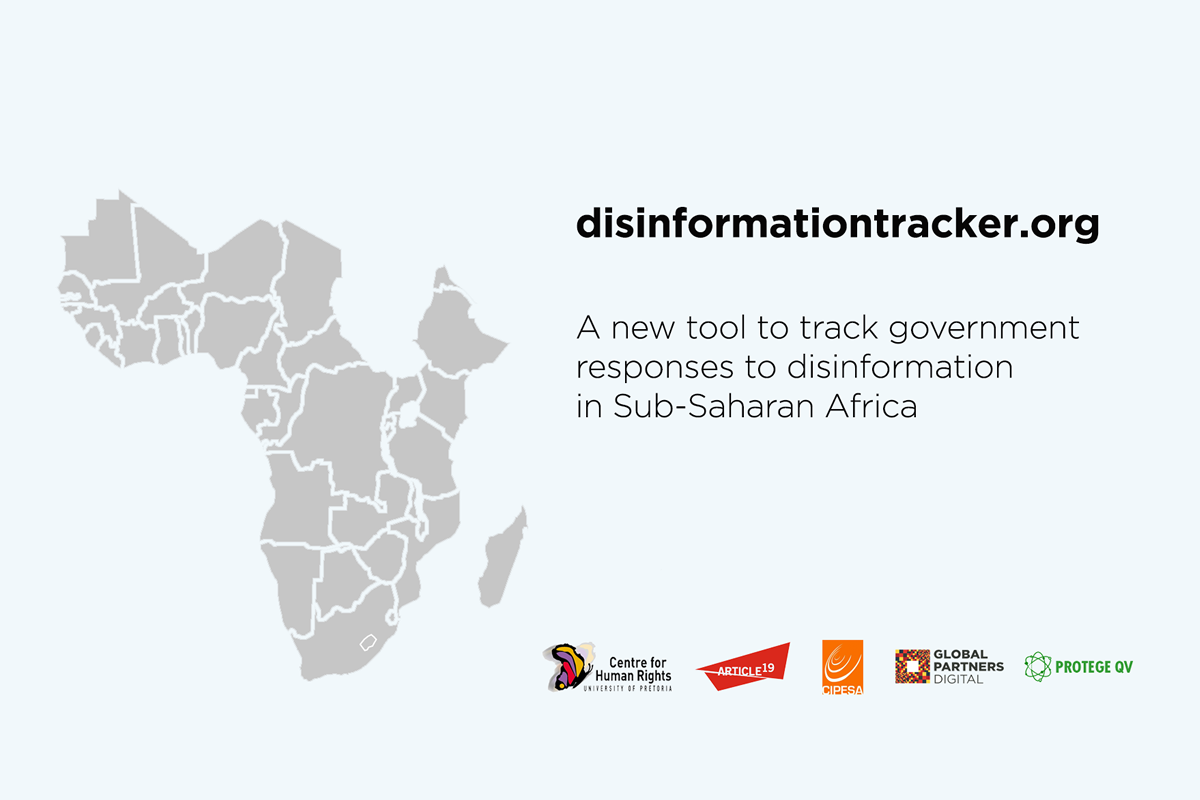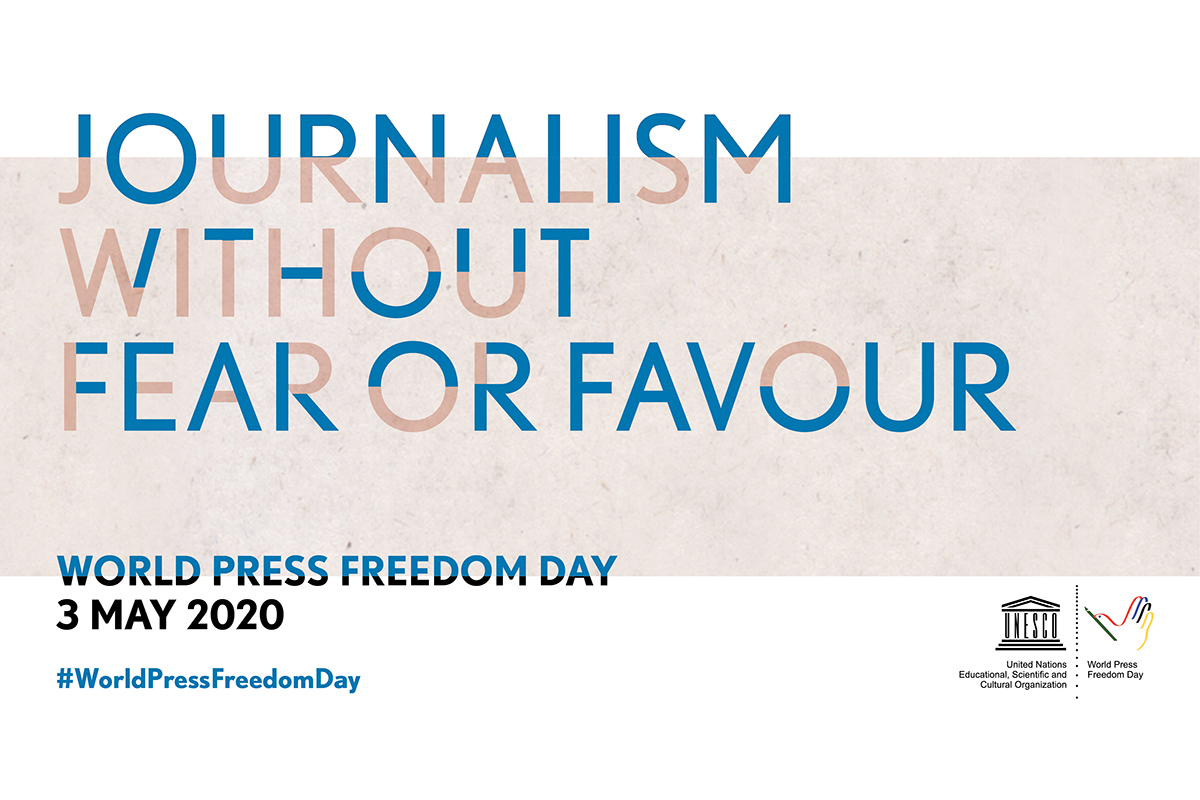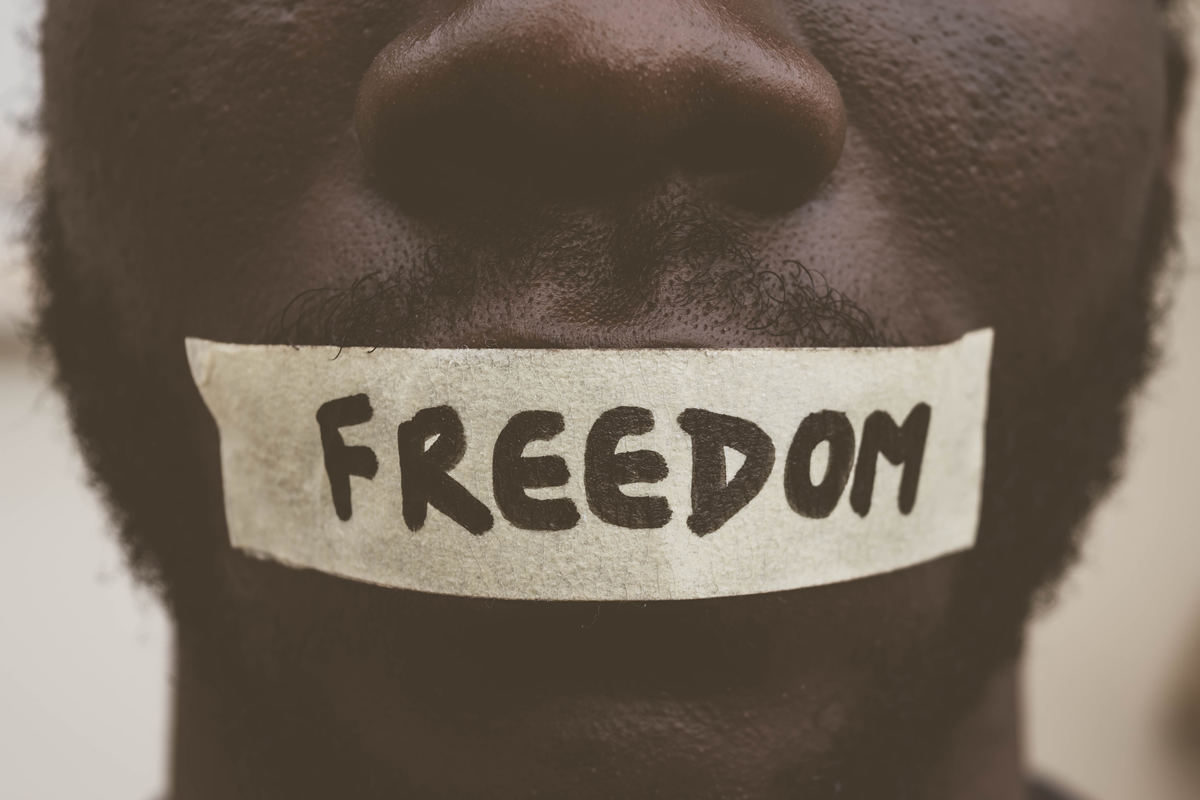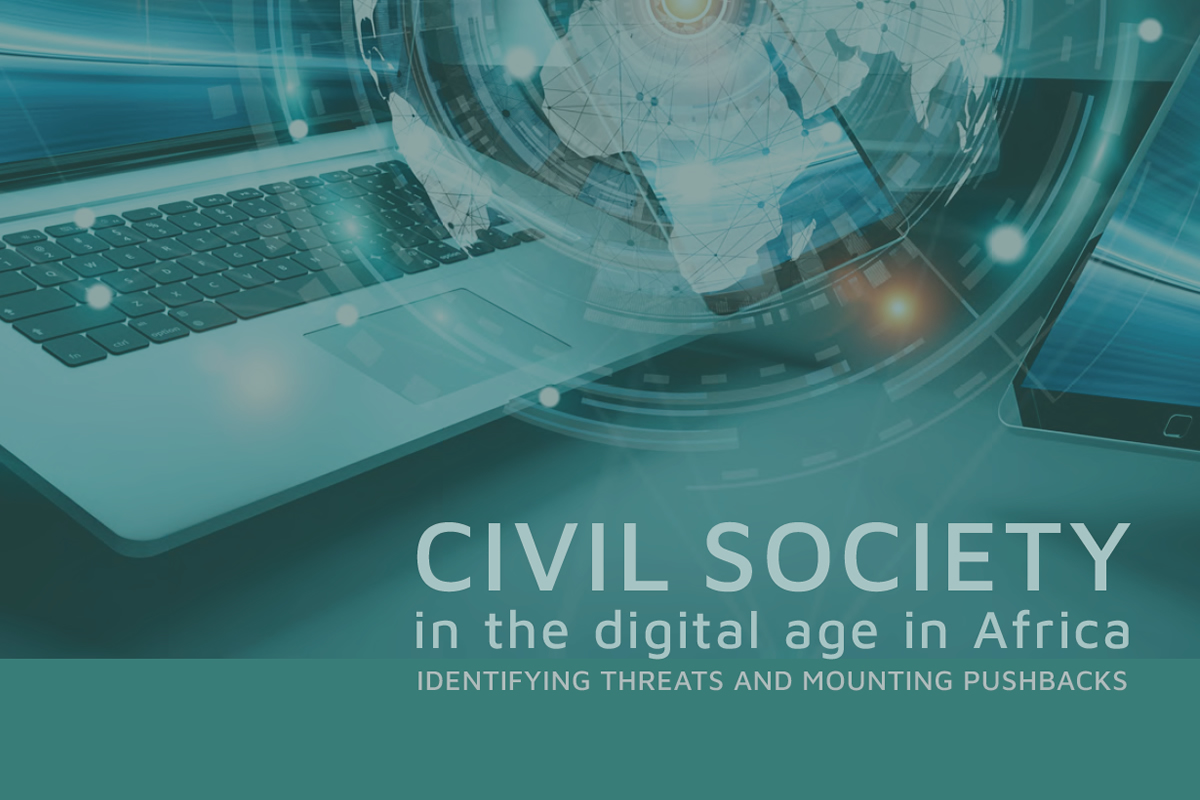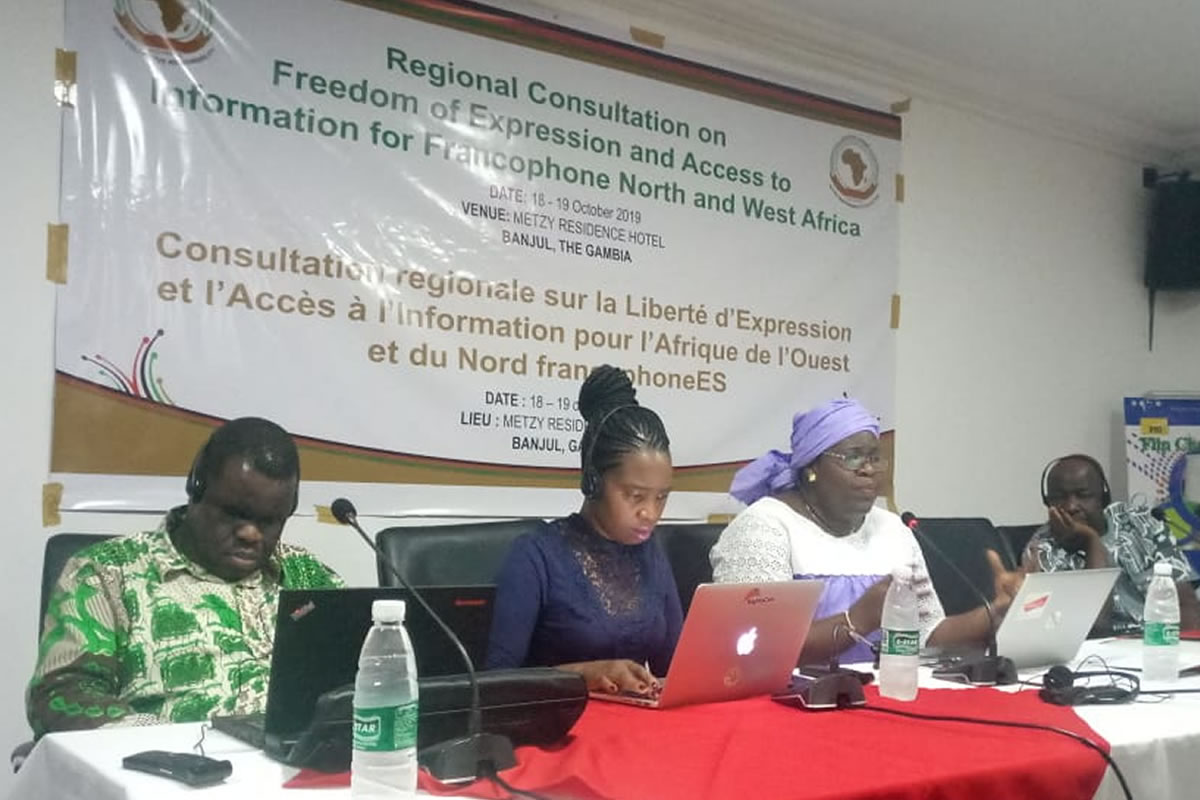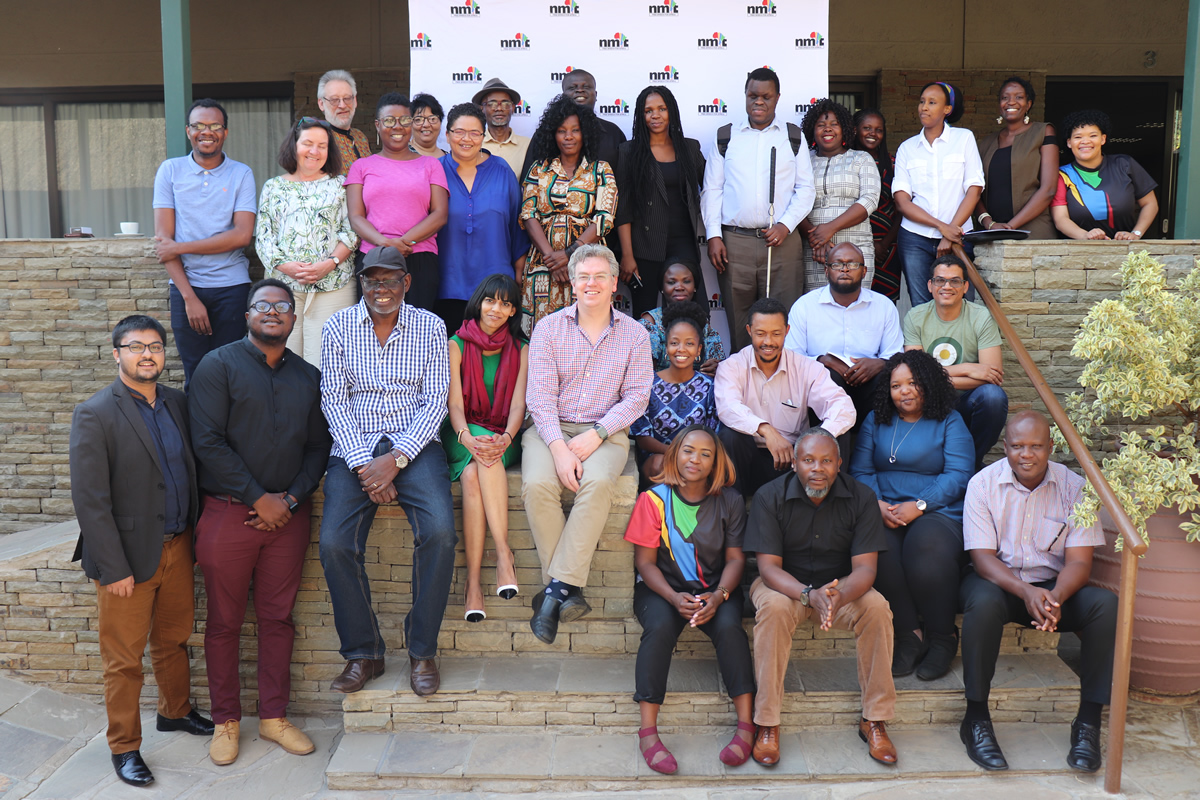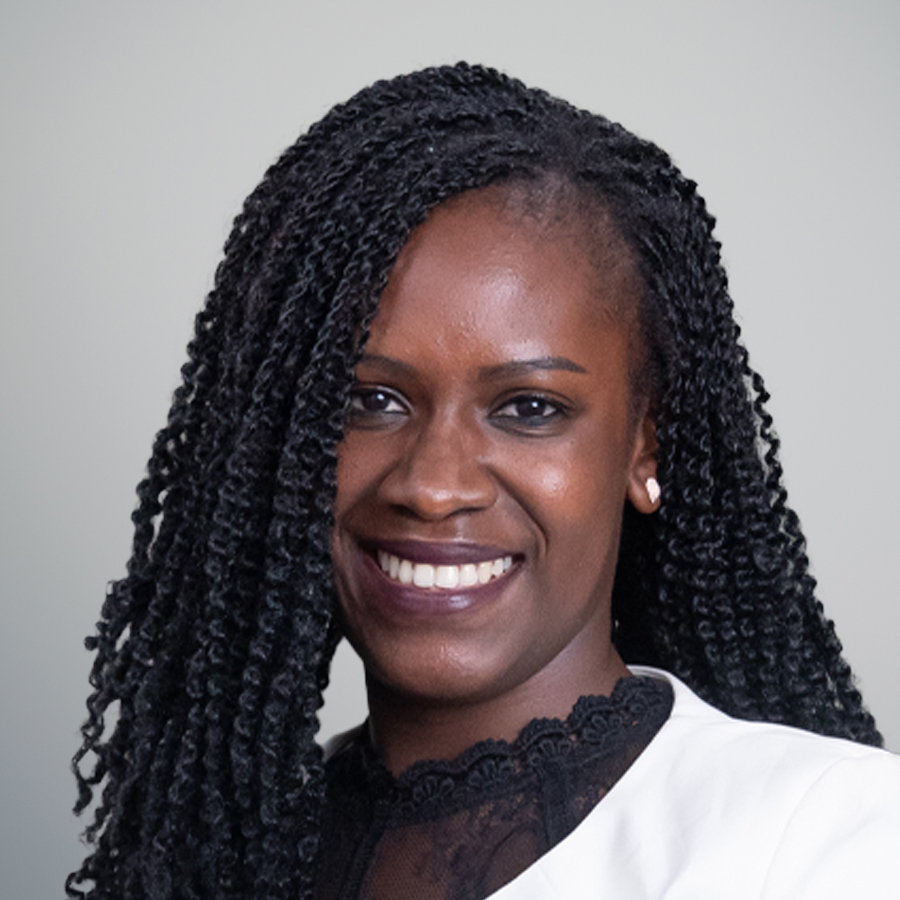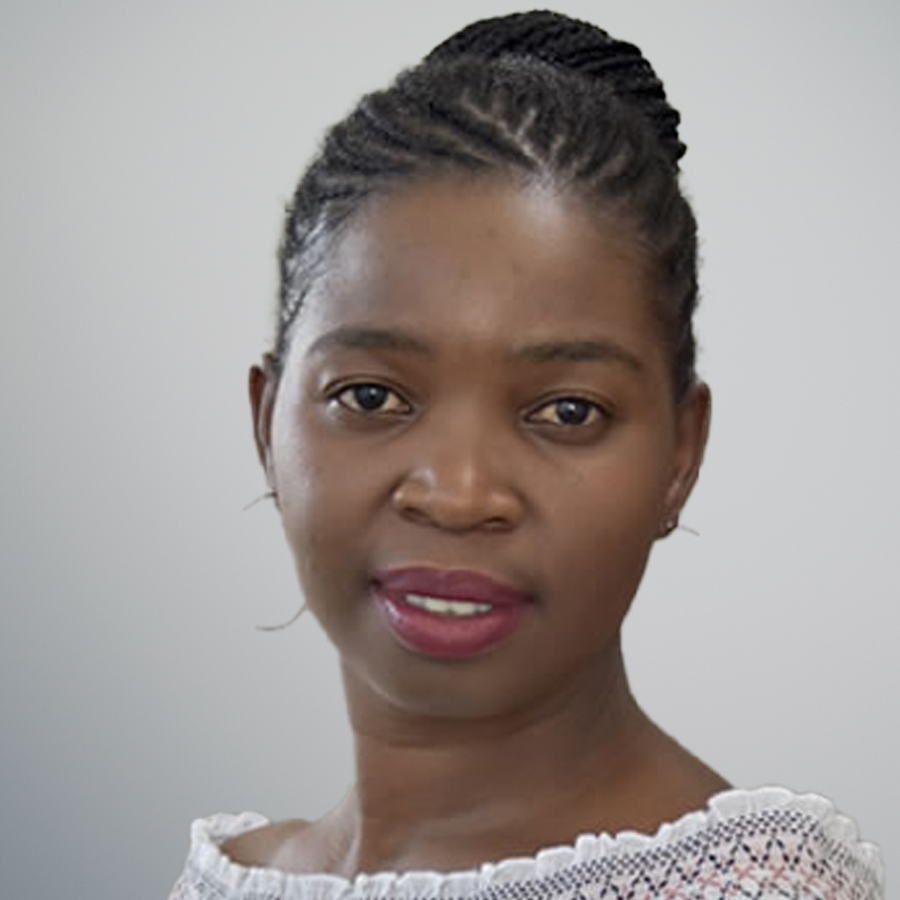- Details
The Centre for Human Rights, University of Pretoria, cordially invites you to a virtual conference on 4 and 5 November 2020. The theme of the conference is ‘Elections and COVID-19: Harnessing the pandemic to improve elections.’ The conference is organised by the Democracy and Civic Engagement Unit and the Expression, Information and Digital Rights Unit of the Centre for Human Rights. The conference invites academics, policymakers, practitioners, researchers and other stakeholders with a keen interest in democracy and elections, information technology and human rights law in the African context.
- Details
The Centre for Human Rights, University of Pretoria, cordially invites you to a conference on privacy and data protection in Africa from 12 to 15 October 2020. The conference is organised by the Expression, Information and Digital Rights Unit in collaboration with the African Declaration on Internet Rights and Freedoms Coalition(AfDec Coalition). The conference will be of interest to academics, students, policymakers and practitioners working in the areas of privacy, data protection, big data, information technology, and human rights law in Africa and others interested in understanding of the state of privacy and data protection, particularly within the African context. The conference is aimed at improving privacy and data protection scholarship in Africa.
- Details
The Centre for Human Rights, University of Pretoria, cordially invites you to a webinar organised by the Expression, Information and Digital Rights Unit on “Proactive disclosure of information and elections in South Africa”. The webinar will focus on South Africa’s compliance with the Guidelines on Access to Information and Elections in Africa, issued by the African Commission on Human and Peoples’ Rights. This flows from a collaborative research report on access to information and elections during South Africa’s 2019 elections, that will be formally launched.
- Details
The Expression, Information and Digital Rights Unit at the Centre for Human Rights, Faculty of Law, University of Pretoria will be hosting a session on “Civil society in the digital age in Africa: identifying threats and mounting pushbacks” at the 2020 RightsCon.
- Details
The Centre for Human Rights calls on the African Commission through the Special Rapporteur on Freedom of Expression and Access to Information in Africa to urgently issue an appeal to the Zimbabwean government to respect and abide by its human rights obligations under the African Charter and other international law. This ongoing crackdown, if left unchecked, will cement the culture of impunity and entrench unwarranted arrests of journalists and human rights defenders. The Centre for Human Rights also takes this opportunity to impress upon the relevant authorities the need to respect constitutional provisions on media freedom and free expression and reiterates that journalism is not a crime, but a crucial element in the exercise of freedom of expression and an essential component of democracy that is also instrumental in fighting against corruption. Journalists and other media practitioners deserve protection.
- Details
#Tech4Rights: The importance of technology and human rights
In conversation with Ms Hlengiwe Dube
- Details
On 7 July 2020, the Centre for Human Rights, University of Pretoria, hosted a follow-up webinar on privacy and data protection in Africa in the COVID-19 context. Privacy and data protection practitioners from Africa analysed the current status of data protection and privacy on the continent. In the responses to COVID-19, there is collection, sharing, storage and processing of personal information. This raises questions regarding Africa’s preparedness to the security, management and protection of personal information and safeguarding the right to privacy. The webinar assessed privacy and data protection approaches in the various responses to COVID-19.
- Details
The Centre for Human Rights is inviting experts and practitioners in the area of privacy and data protection to submit abstracts for a conference and book project. Contributions can be in the context of national, regional and international human rights on legal, regulatory, academic and technological developments and other perspectives on privacy and data protection. This project is meant to build upon existing scholarly work on data protection and data privacy in Africa. The book publication will be preceded by a conference that will be held in October 2020. Book chapters will be selected from the conference manuscripts.
- Details
Invitation: #Tech4Rights Expo
The Expression, Information and Digital Rights Unit at the Centre for Human Rights, University of Pretoria hosted the #Tech4Rights Expo, which was held online from 26 to 29 October 2021.
The Centre for Human Rights, University of Pretoria launched the #Tech4Rights campaign in 2020. This campaign focuses on the impact of new technologies on different aspects of human interaction including: businesses, democratic development, children’s rights, persons with disabilities, electronic evidence, strategic litigation and other key areas of human rights that intersect with new technologies. As part of this campaign, the Expression, Information and Digital Rights Unit of the Centre will host an online #Tech4Rights Expo from 26 to 29 October 2021.
About the Expo
Join academics, civil society, human rights defenders, state and private sector representatives, artists, and many more in exploring how technology influences human rights.
Let us as stakeholders collectively find ways to leverage digital technologies for the advancement of human rights in Africa.
Among the themes featured in the Expo include business, education, democratic development, artificial intelligence, children’s rights, and persons with disabilities.
Come and sample the multi-layered and innovative efforts of various stakeholders in using technology for human rights.
Be part of this discussion from the 26th of October to the 29th of October 2021!
Objectives
- To facilitate the sharing of knowledge, experiences and lessons learnt in harnessing new technologies for the advancement of human rights, and combating challenges;
- To provide a platform for engagement with duty bearers on adoption of human rights approaches to implementation of digital technologies in Africa;
- To build stronger regional partnerships for advocacy on the effective use of digital technologies for human rights protection; and
- To provide a space for creative minds to showcase innovative tools, applications and strategies for the promotion and protection of human rights in the digital age.
About the #Tech4Rights Campaign
Keeping up with disruptions: Rethinking a human rights-based approach to new technologies in Africa.
View #Tech4Rights campaign activities
The surge of technological advancements in the last few decades has had major impacts on our society in an unprecedented manner. We see the effect in the transformation that is occurring in the shifts within healthcare delivery, access to education, coordination of protests, engagement in warfare and several other examples. In as much as we have come to see the disruptions caused by technologies, its rapidly evolving nature makes it challenging to have all the answers at present on its impact on human rights protection. There is a potential dark side to the technological innovations being witnessed today which begs the question: In what ways do technologies impact human rights protection in Africa?
For instance, there is a growing concern for the impact robotic innovations will have on the workforce as well as ensuring accountability during conflict and warfare. There is also documented evidence of how new technologies are impacting democratic development across the world while considering how artificial intelligence through facial recognition technologies is aiding the work of policing but concurrently fostering systemic bias. While we have achieved a more connected global world, we have also succeeded in compromising human rights protection.
As much as technologies provide opportunities to advance human rights protection, there is a need to have the difficult conversations that focus on responsible innovations and rights-respecting technologies that put human rights first.
The Centre for Human Rights, University of Pretoria as a leading human rights organisation in Africa that works on most of these issues in its capacity as a research, advocacy and academic department is, therefore, launching a yearlong campaign in 2020 that focuses on the impact of new technologies on different aspects of human interaction. The campaign will have a series of activities that look into technology in the following specific areas: business and human rights; democracy and digital technologies; children’s rights and new technologies; assistive technologies and persons living with disabilities; electronic evidence and strategic litigation and other key areas of human rights that intersect with new technologies.
- Details
Campaign Activities
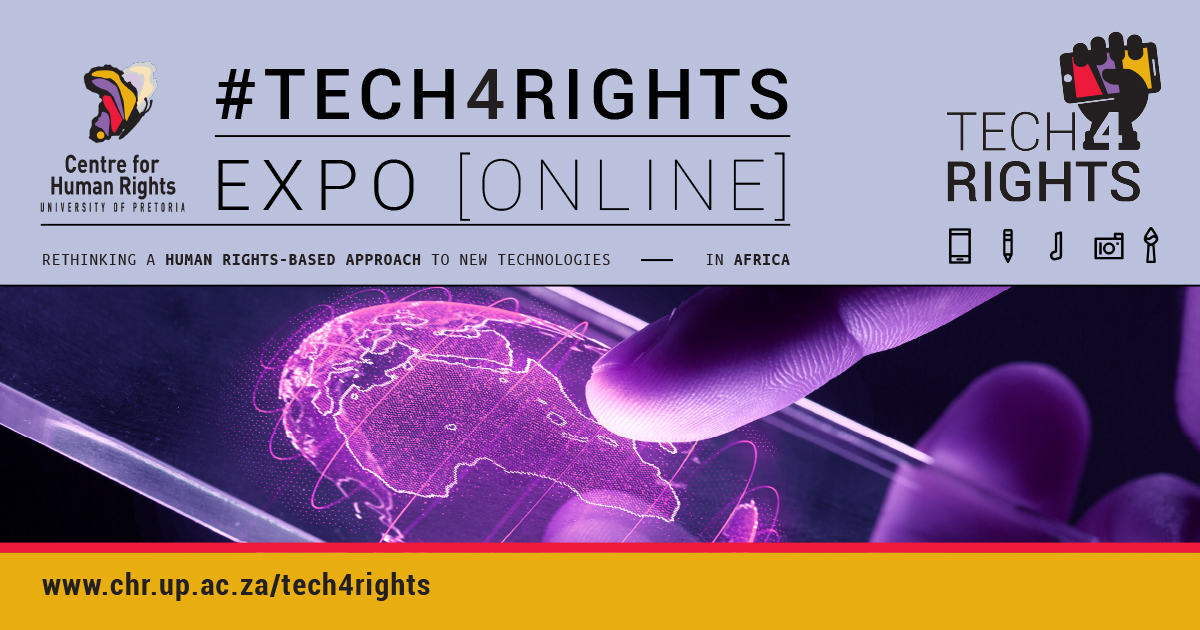
Tech4Rights Expo
26 - 29 October 2021
Join academics, civil society, human rights defenders, state and private sector representatives, artists, and many more in exploring how technology influences human rights. Be part of this discussion from the 26th of October to the 29th of October 2021!
Read More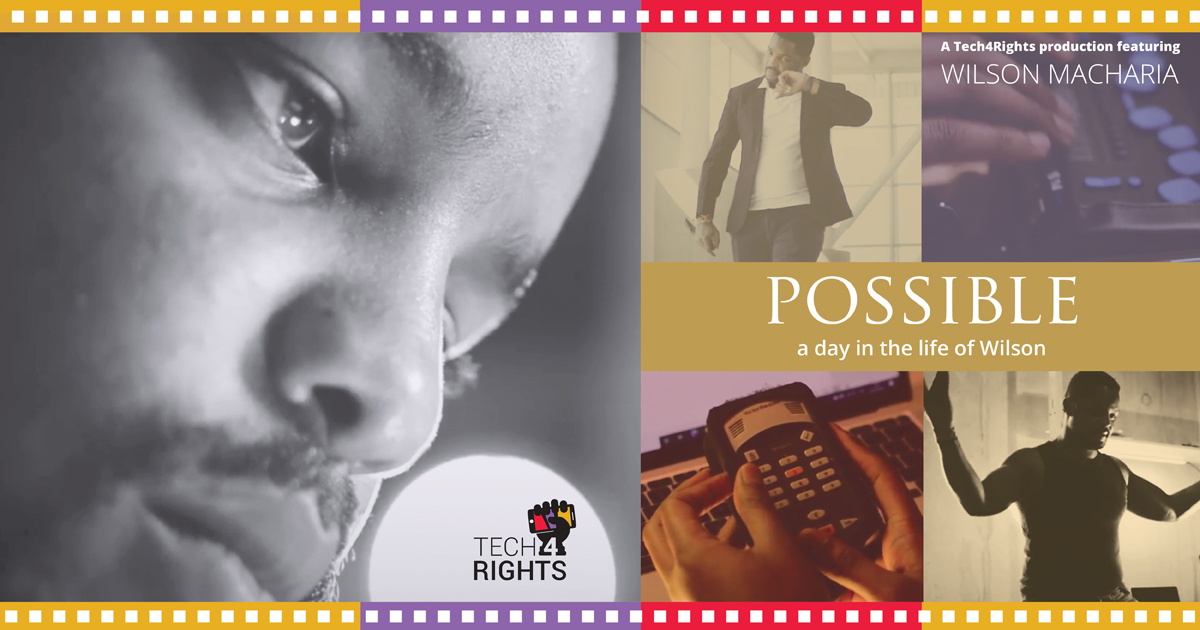
Possible
A day in the life of Wilson
A #Tech4Rights production: Watch Wilson Macharia demonstrate how technology makes things possible for persons with visual impairments as he takes us through a day in his life.
Read More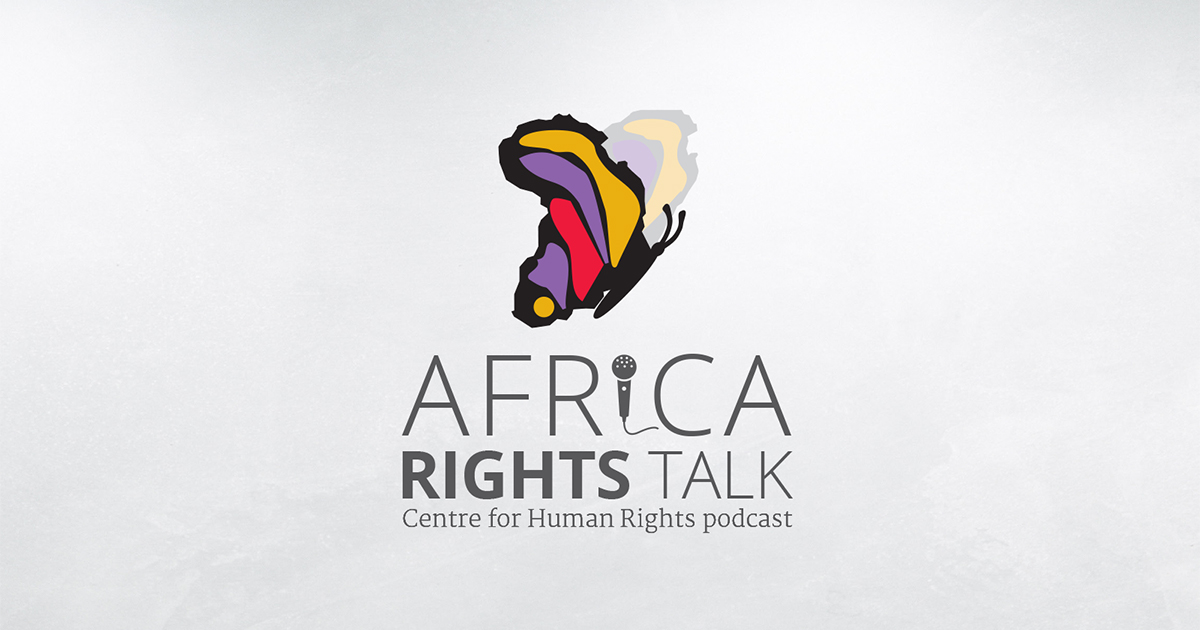
Reflections on conversion therapy, current practices, emerging technology, and the protection of LGBTQ+ rights in Africa
14 September 2021
This episode reflects on the newly launched African Human Rights Policy Paper Conversion therapy: Current practices, emerging technology and the protection of LGBTQ+ rights in Africa. This policy paper has been prepared by the Sexual Orientation, Gender Identity and Expression and Sex Characteristics (SOGIESC) Unit at the CHR
Read More
#Tech4Rights- Exploring the downfalls of social media use for protests and activism
3 August 2021
One of the ways Africans are using technology for interaction and to amplify human rights issues on the continent is through social media. Statistics show that Southern Africa has the second-highest social media penetration on the continent, at approximately 41%, placing the region as the second-highest social media users on the continent.
Read More
#Tech4Rights- Confronting online violence against sexual minorities
27 July 2021
This podcast episode is a conversation on confronting online violence sexual minorities. In Africa, several governments have developed laws that criminalise LGBTIQ+ persons and infringe on their human rights. Laurah Arudi, an expert on SOGIE and participants of the Digital Rights in Africa course who are also Paradigm Initiative Fellows, Kofi Yeboah and Emsie Erastus explore the rights of sexual minorities online.
Read More
#Tech4Rights- Children’s rights to privacy in the digital sphere in Africa
20 July 2021
The digital space exposes children to new ideas and diverse sources of information. Using digital technologies also arguably exposes children to new opportunities to learn, reduces inequalities and contributes to the realisation of their rights such as the right to education, the right to privacy, freedom of expression, access to information and public participation.
Read More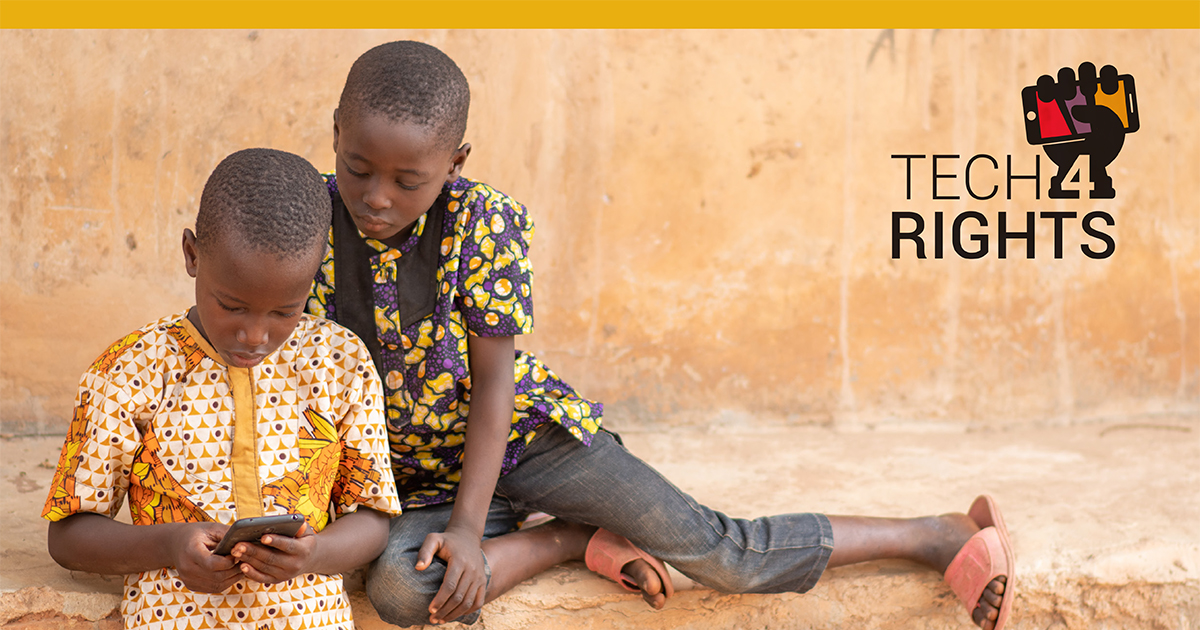
Webinar on children’s rights to privacy in the digital sphere in Africa
20 July 2021
The Centre for Human Rights, Faculty of Law, University of Pretoria (UP), cordially invites you to a webinar organised by the Children’s Rights Unit and the and the Expression, Information and Digital Rights Unit. The focus is on children’s rights to privacy in the digital sphere in Africa. This event forms part of the Centre’s campaign #Tech4Rights which focuses on the impact of new technologies on different aspects of human interaction and its impact on human rights.
Read More
The use of assistive technologies for persons with disabilities
24 June 2021
In this episode of Africa Rights Talk Wilson Macharia, an LLD candidate working at the Centre is in conversation with Silver Francis Oonyu, a Disability Rights Advocate from Uganda. Both Wilson and Silver use assistive technology and discuss their experiences as users with visual impairment. Assistive technologies vary depending on the type and degree of one’s disability. This episode touches on various assistive devices, however, the main focus is on those used by persons with visual impairments.
Read More
Access to the internet and internet governance in Africa
6 June 2021
The annual campaign spearheaded by the Centre for Human Rights, University of Pretoria is #Tech4Rights: Rethinking a human rights-based approach to new technologies in Africa. The #Tech4Rights campaign focuses on the impact of new technologies on different aspects of human interaction and the impact of technology on human rights. The discussion explores what meaningful access means, based on Part IV of the African Commission on Human and People’s Rights resolution on Freedom of Expression and Access to Information on the internet, including conversations on regulatory and operational challenges of licencing community networks in Africa.
Read More
Exploring the implications of online assemblies
27 May 2021
In its seminal General Comment on the right of peaceful assembly, adopted last year, the UN Human Rights Committee found that Article 21 of the International Covenant on Civil and Political Rights “protects peaceful assemblies wherever they take place: outdoors, indoors and online; in public and private spaces; or a combination thereof.” In the process of developing this General Comment over the previous two years, the question of the extent to which the right could be exercised wholly-remotely had been one of the most frequently-discussed topics. In 2019 CGHR put together a Research Pack on the issue, and hosted an Expert Meeting for members of the Committee and other stakeholders to discuss the full implications.
Read More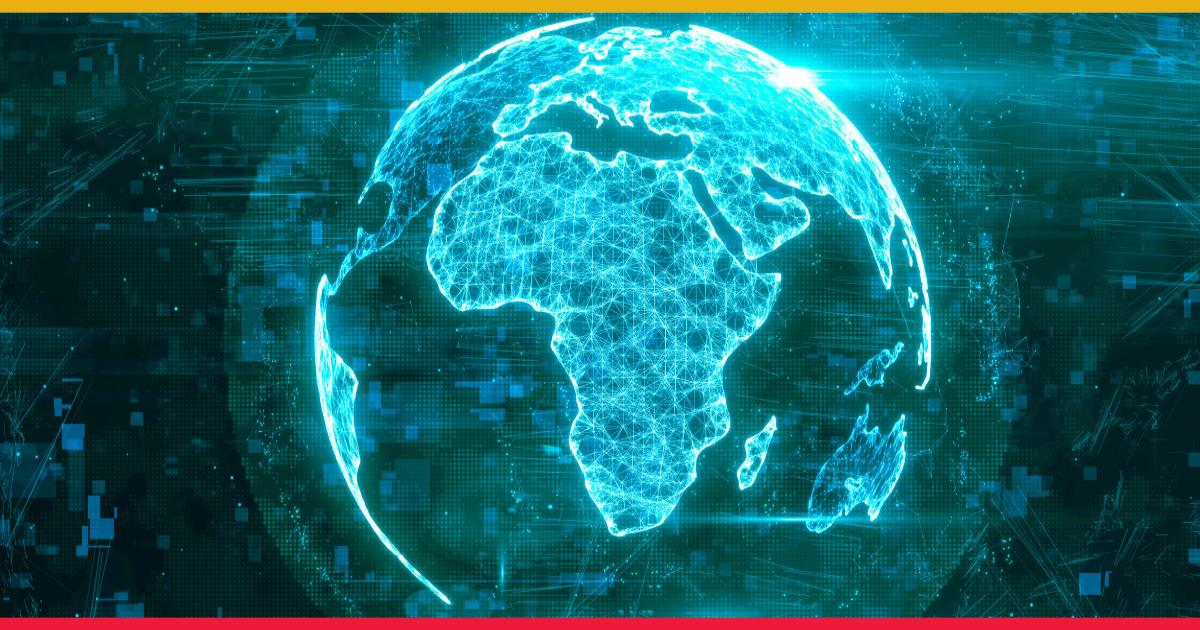
The right to privacy in the digital age in Africa
24 May - 28 June 2021
The Centre for Human Rights, University of Pretoria, with the support of Google, is presenting a Massive Open Online Course (MOOC) on the right to privacy in the digital age in Africa. The course focuses on the key elements of the right to privacy and data protection in the digital age in Africa. The course aims to educate and set the tone for an improved data protection landscape within the African region.
Read More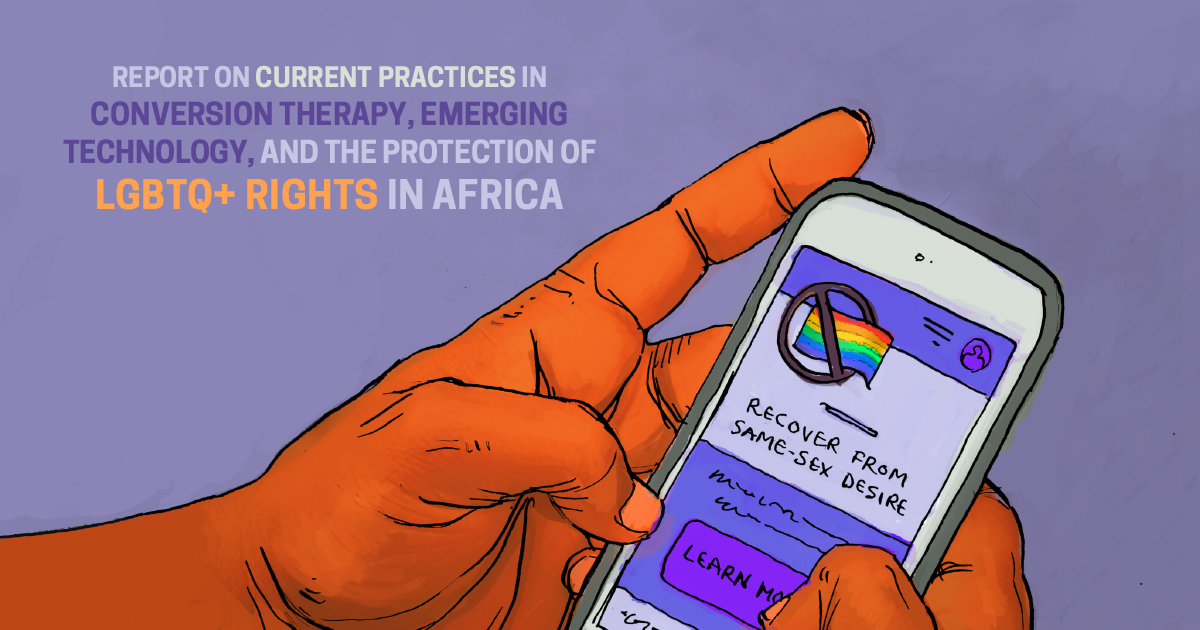
Report Launch
17 May 2021
The Sexual Orientation, Gender Identity and Expression and Sex Characteristics (SOGIESC) Unit of the Centre for Human Rights, Faculty of Law, University of Pretoria, is hosting a virtual launch of a new report titled Report on Current Practices in Conversion Therapy, Emerging Technology, and the Protection of LGBTQ+ Rights in Africa. The launch features a webinar panel discussion and a Q&A session with the audience.
Read More
Other Planned and Proposed Activities
- A series of activities that focus on the interlinks between human rights generally, the right to health specifically, the COVID-19 pandemic and technologies within the African context.
- The creation of an advocacy toolkit aimed at civil society organizations on how to better use digital technologies to further their work in protecting human rights;
- Book launch and the state of privacy in Africa;
- Multi-stakeholder dialogue: Training sessions for judges, police officers, Civil Society Organisations (CSOs) and interested stakeholders.
- Human rights and technology conference;
- University debate competition.
- Details
Campaign Goals
- Awareness raising on the impacts of technologies on human rights protection;
- Capacity-building for human rights defenders on policy and digital security issues;
- Stirring public activism and advocacy against the harmful impact of technology on human rights and
- Policy and sectoral reforms
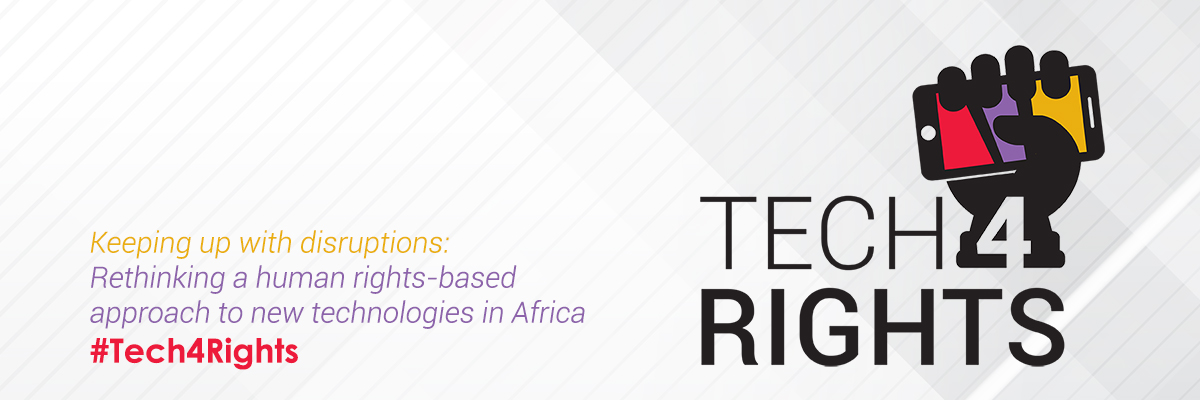
- Details
Today, Global Partners Digital (GPD), ARTICLE 19, the Collaboration on International ICT Policy for East and Southern Africa (CIPESA), PROTEGE QV and the Center for Human Rights, University of Pretoria, jointly launched an interactive map to track and analyze disinformation laws, policies, and patterns of enforcement across Sub-Saharan Africa.
- Details
As the world commemorates the World Press Freedom Day, the Centre for Human Rights, University of Pretoria, commends the African Commission on Human and Peoples’ Rights for making available the revised Declaration of Principles of Freedom of Expression and Access to Information in Africa at a time when the world has been plunged into a global health crisis, COVID-19. The current Declaration replaces the 2002 Declaration of Principles of Freedom of Expression in Africa. The revision was undertaken by the Special Rapporteur on Freedom of Expression and Access to Information (Special Rapporteur) against the backdrop developments in the developments that have taken place in the context of freedom of expression, access to information.
- Details
The African Commission on Human and Peoples’ Rights has published the revised Declaration of Principles of Freedom of Expression and Access to Information in Africa (the Declaration). The Commission adopted the Declaration during its 65th Ordinary Session which was held from 21 October to 10 November 2019 in Banjul, The Gambia. The revised Declaration replaces the 2002 Declaration of Principles of Freedom of Expression in Africa. The initiative to revise the Declaration was undertaken by the Special Rapporteur on Freedom of Expression and Access to Information (the Special Rapporteur). The adoption of the Declaration is a landmark development that elaborates article 9 of the African Charter on Human and Peoples’ Rights and will contribute to an enhanced normative standard for freedom of expression, access to information and digital rights in Africa, in line with international human rights and standards. The Declaration was scheduled to be launched during the African Commission’s 66th Ordinary Session which has been deferred due to the COVID-19 crisis.
- Details
The study on Civil society in the digital age in Africa: identifying threats and mounting pushbacks was undertaken by the Centre for Human Rights, University of Pretroia and the Collaboration on International ICT Policy in East and Southern Africa (CIPESA) to explore the extent of state-sponsored digital challenges that the civil society in Africa is faced with. It illustrates the challenges faced by civil society organisations and the importance of digital security measures.
- Details
On 18 and 19 October 2019, the Democracy, Transparency and Digital Rights (DTDR) Unit at the Centre for Human Rights, University of Pretoria, participated in the regional consultation meeting for Francophone West Africa and North Africa on freedom of expression and access to information. The meeting was organised by the Special Rapporteur on Freedom of Expression and Access to Information in Africa, Commissioner Lawrence Mute. The consultation was aimed at discussing strategies for ensuring effective realisation of access to information; exploring how access to information may be used to support a free and fair electoral environment; and strategising on ways of ensuring freedom of expression.
- Details
On 19 and 20 September 2019 the Democracy, Transparency and Digital Rights Unit at the Centre for Human Rights, University of Pretoria, attended the sub-regional consultation to revise the draft Declaration of Principles on Freedom of Expression and Access to Information in Africa in Windhoek, Namibia. The consultation was at the invitation of the Special Rapporteur on Freedom of Expression and Access to Information in Africa Mr Lawrence Mute and was hosted and facilitated by the Namibia Media Trust in collaboration with ACTION Namibia Coalition.
- Details
For more information, please contact:
Tel: +27 (0) 12 420 3810
marystella.simiyu@up.ac.za
Tel: +27 (0) 12 420 4199
hlengiwe.dube@up.ac.za

